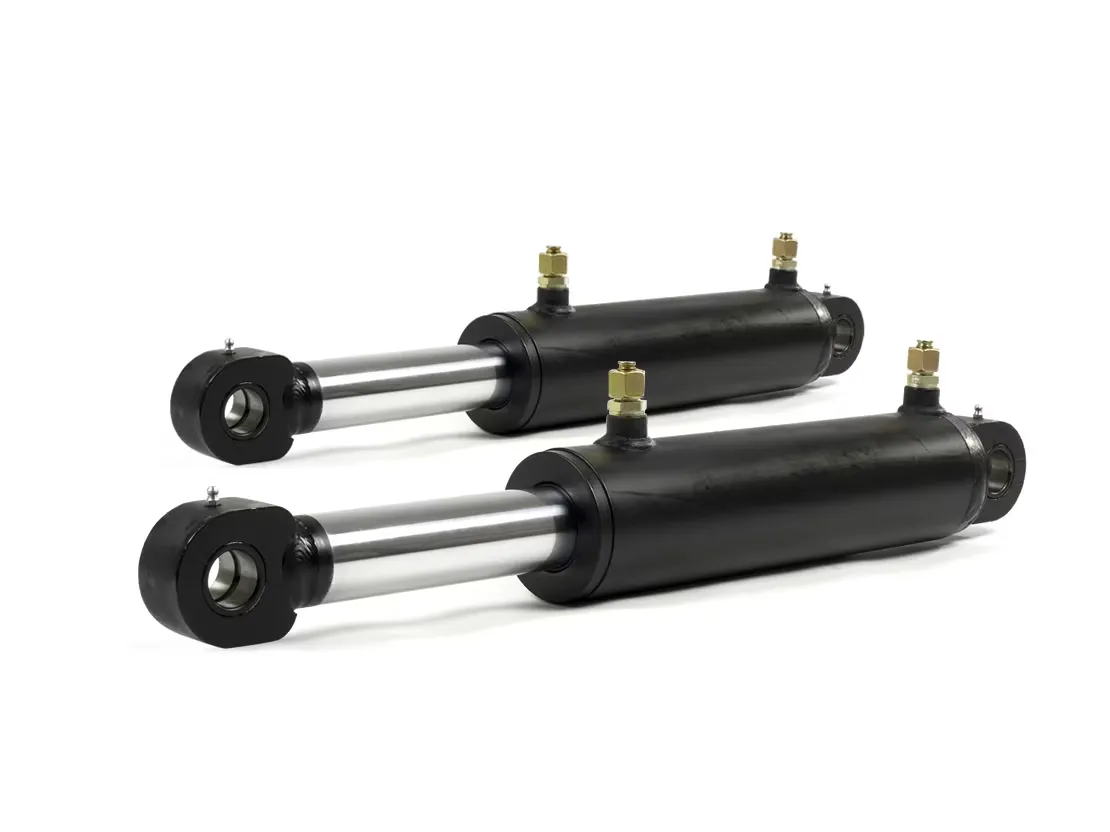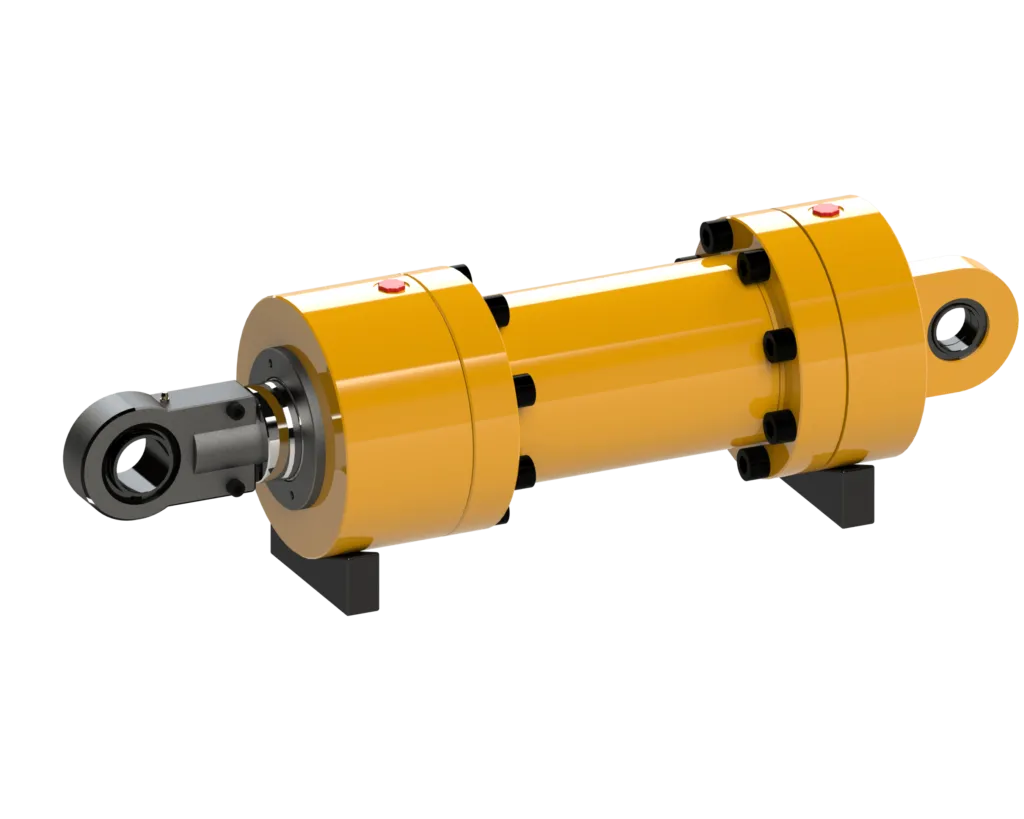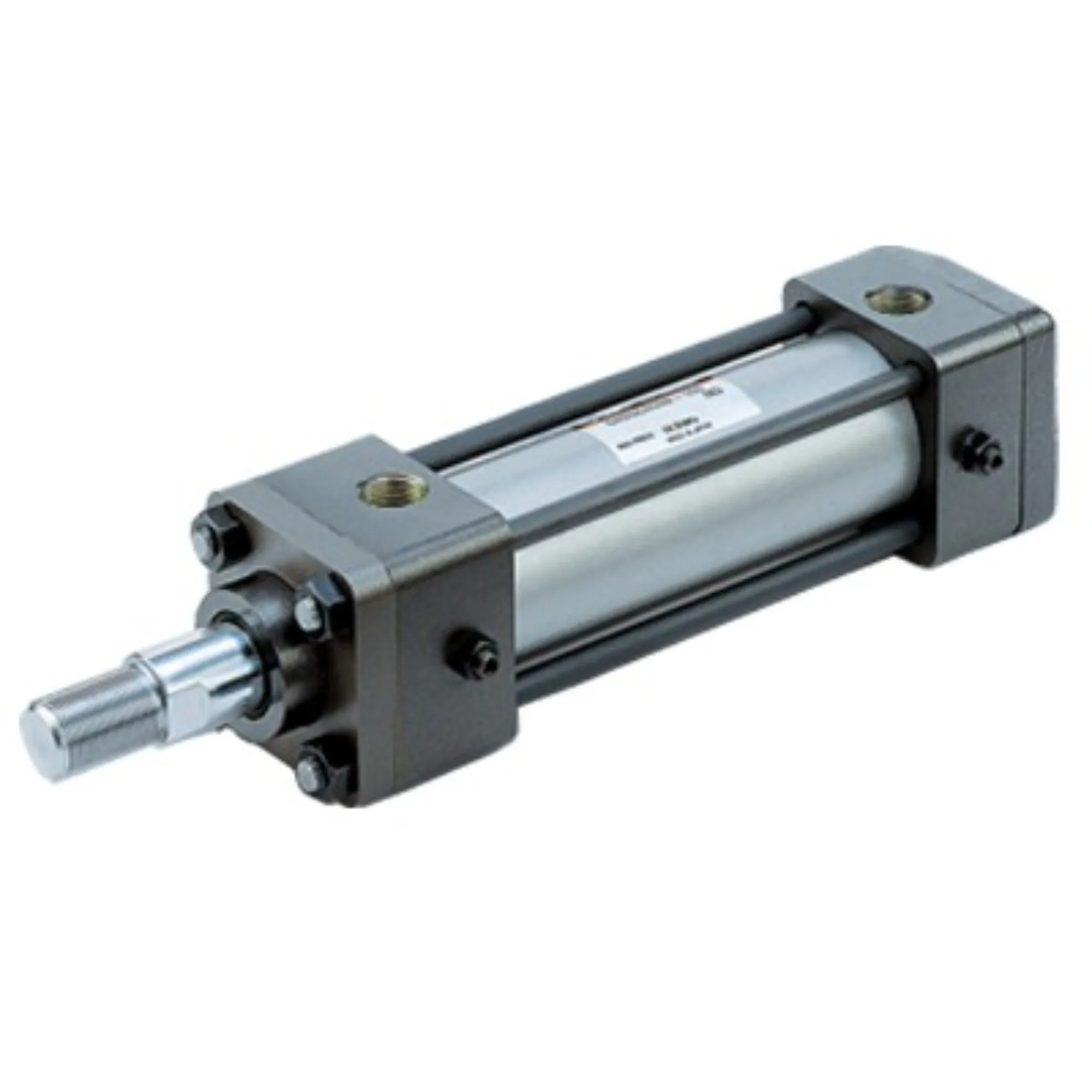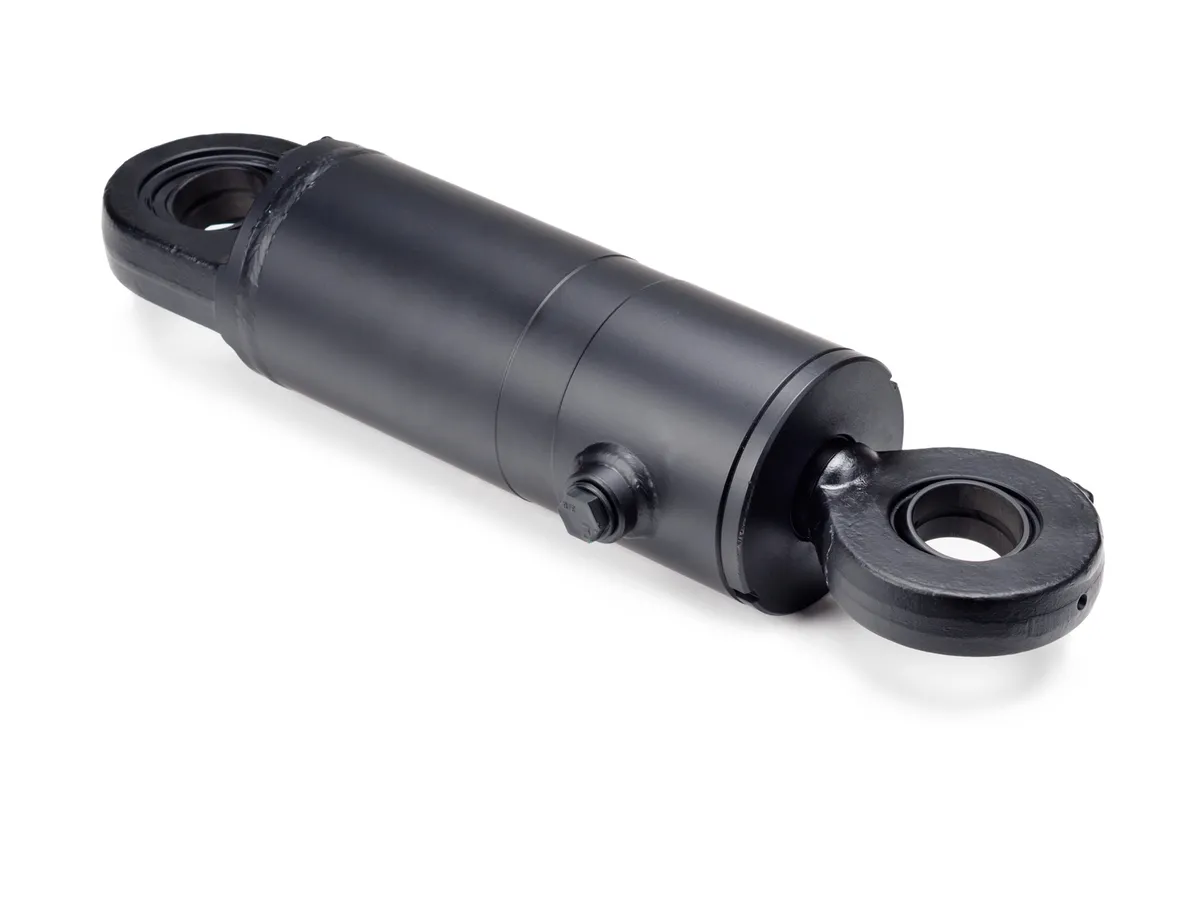
Introduction
Telescopic single-acting hydraulic cylinders play a crucial role in various hydraulic applications, offering space efficiency and high force output. Understanding the design, working principle, advantages, applications, maintenance, and safety considerations of these cylinders is essential for optimal performance and longevity.
Design and Construction Characteristics

The telescopic single-acting pressure cylinder consists of key components such as the outer cylinder, internal stages, piston, and seals. These cylinders are typically designed with two or three stages, allowing for gradual expansion.
Working Principle
Telescopic single-acting hydraulic cylinders work by applying hydraulic pressure in one direction to extend the length from a compact form and then contract using a spring or gravity. This action enables them to generate high force output relative to their size.

Types and Configurations
There are three main types of telescopic single-acting hydraulic cylinders, each offering unique features and configurations tailored to specific applications.
Advantages
- Space Efficiency: Allows for significant expansion while remaining compact.
- High Force Output: Capable of generating large amounts of force for lifting and driving.
- Versatility: Adaptable across industries like construction, agriculture, and transportation.
Application Scenarios
Telescopic single-acting hydraulic cylinders find use in various applications, from dump trucks to marine environments, due to their space efficiency and high force output.
Design Considerations and Selection Criteria
Factors such as bearing capacity, sealing, durability, safety, and maintainability must be carefully considered when selecting telescopic single-acting hydraulic cylinders.
Sealing and Lubrication
Proper sealing and lubrication are essential for ensuring the longevity and performance of telescopic single-acting hydraulic cylinders. Regular maintenance and the use of high-quality seals and lubricants are recommended.

Maintenance and Troubleshooting
Regular inspection, proper lubrication, seal replacement, and calibration are critical maintenance tasks to enhance the service life of telescopic single-acting hydraulic cylinders. Troubleshooting tips and preventive measures can help diagnose and solve common problems.
Unit Power
The unit power of telescopic single-acting hydraulic cylinders is influenced by factors such as cylinder diameter, travel, operating pressure, piston speed, and load conditions. Optimizing the power unit can improve efficiency, energy savings, and reliability.
Company Focus
Our company specializes in hydraulic cylinder replacement, offering a complete product line and customized services. With international certifications and a focus on quality production and after-sales service, we have established ourselves as a leading manufacturer and distributor in the hydraulic cylinder market.
Author: lyl
